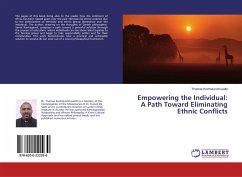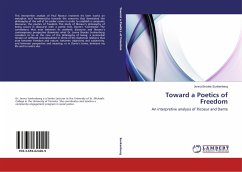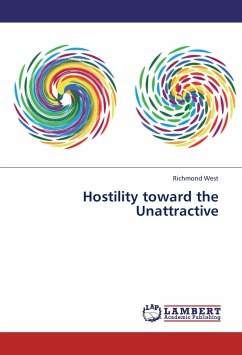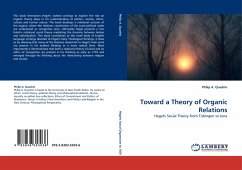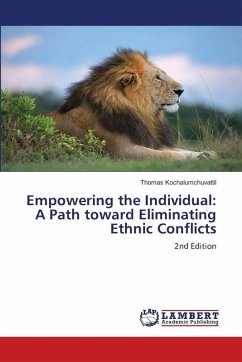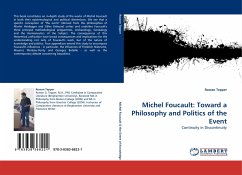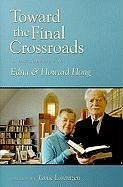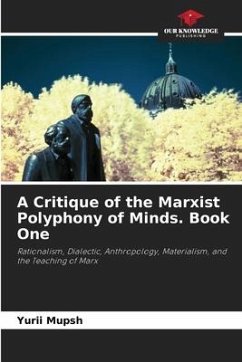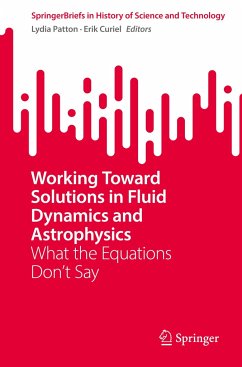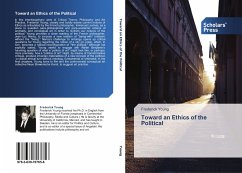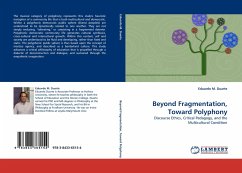
Beyond Fragmentation, Toward Polyphony
Discourse Ethics, Critical Pedagogy, and the Multicultural Condition
Versandkostenfrei!
Versandfertig in 6-10 Tagen
45,99 €
inkl. MwSt.

PAYBACK Punkte
23 °P sammeln!
The musical category of polyphony represents this study's heuristic metaphor of a community life that is both multicultural and democratic. Within a polyphonic democratic public sphere diverse people(s) are understood to be dynamically related to one another. They are not simply enduring, "tolerating," or coexisting in a fragmented detente. Polyphonic democratic community life generates cultural symbiosis, cross-cultural and intercultural growth. Within this context, self and society are understood to be fluid and developing, rather than fixed and static. The polyphonic public sphere is thus b...
The musical category of polyphony represents this study's heuristic metaphor of a community life that is both multicultural and democratic. Within a polyphonic democratic public sphere diverse people(s) are understood to be dynamically related to one another. They are not simply enduring, "tolerating," or coexisting in a fragmented detente. Polyphonic democratic community life generates cultural symbiosis, cross-cultural and intercultural growth. Within this context, self and society are understood to be fluid and developing, rather than fixed and static. The polyphonic public sphere is thus based upon the concept of mestizo agency, and described as a borderland culture. This study advances a critical philosophy of education that is propelled through a dialectic of deconstruction and dialogue, and sustained through the empathetic imagination.



